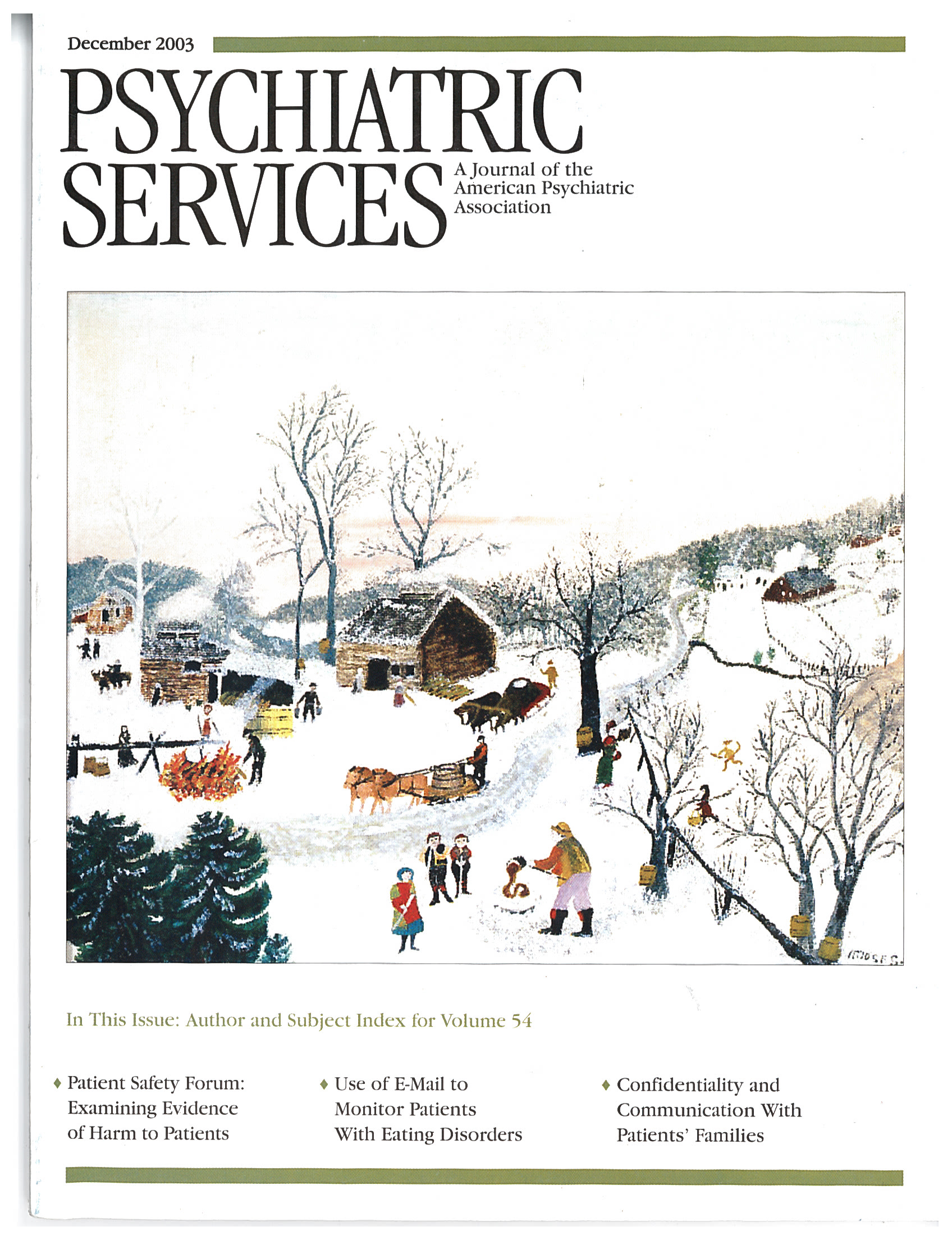Nature Lessons, a novel by Lynette Brasfield, is partly autobiographical. Brasfield moved to the United States from Durban, South Africa, to escape from her mother, who had schizophrenia. I can understand her need to run away. Growing up with a psychotic parent is a nightmare. I had to go to France to escape from my mother, who had the same illness.
Kate, the book's heroine, is 40 years old, unmarried, and childless. She lives in Chagrin Falls, Ohio. She is waiting for Simon, ex-fiancé number three, to pick up his things when a letter arrives from her mother. Thinking that it brings news of her mother's "enemies," she doesn't open it immediately. The half dozen letters she has received since she left 18 years ago were full of paranoia and admonishments to her daughter to remain in the United States, safe from the inherent dangers in South Africa, her country of birth. But this letter is different. Her mother begs her to come back to Durban to discharge her from the hospital where she has been incarcerated, supposedly for treatment of cancer. The letter awakens Kate's dormant feelings of guilt, and she decides to return to South Africa to rescue her mother.
Kate has harbored the guilt since childhood, when she refused to accompany her mother to Cape Town to escape before Uncle Oom Piet could take her to the hospital. Forced to live with her uncle's family during her mother's first hospitalization, Kate was teased mercilessly by her cousins, but she didn't care. She felt that the punishment was merited, because she had refused to leave Durban before it was too late. Many children of people with mental illness, like Kate, feel guilty and wish to be punished for not preventing a parent from becoming mentally ill.
This book is well written, and the narrative flows. The plot is colored by Zulu folklore. A white girl's relationship with a black boy makes apartheid come alive. Figures of speech and descriptions are highly imaginative. For example, "her [Kate's mother's] thick legs encased in stockings, beneath which unshaven hair … curled into small Catherine-wheel whorls," and "[Kate's] brain felt like a hot air balloon—untethered and drifting, unable to find a place to land." After her father died, she imagined his heart being marched off in handcuffs. Anecdotes about her three fiancés and numerous lovers are lighthearted and amusing. The author cleverly switches from Chagrin Falls to South Africa both in the present and during Kate's childhood, delineating changes by chapter headings, dates, and locales. Themes of Kate's mother's involvement in a scandal and her father's possible murder are mysteries that are not solved by the adult Kate until the end.
I recommend the book both to the lay public, who will find it good reading, and to mental health professionals, who have heard stories of the trauma of living with a mentally ill parent from their patients and who will see these experiences come alive in the form of a novel. My only criticism is that mental illness as an organic brain disease is never clearly explained, and an uninformed reader may be left with the impression that the scandal was the cause of psychosis instead of a stress factor.

